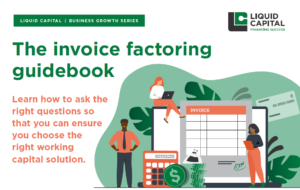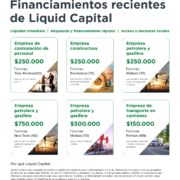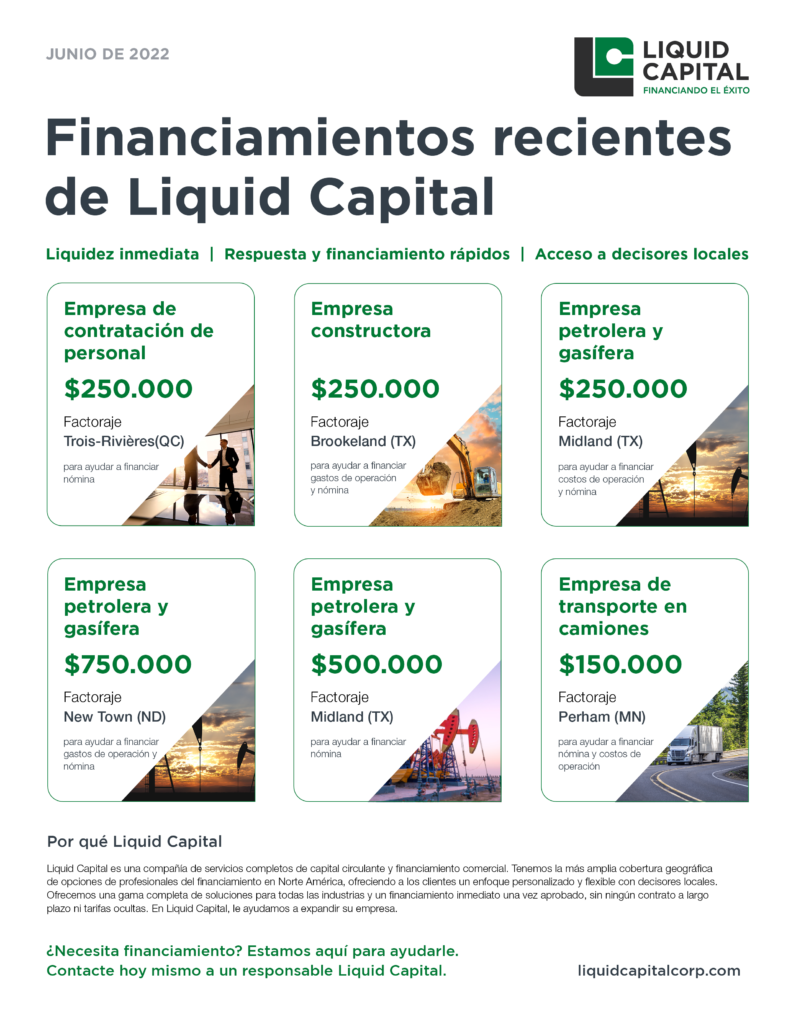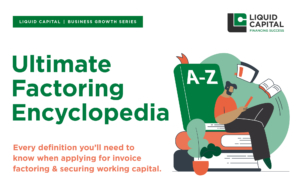Accelerate your cash cycle with smart cash flow management tips
Overcome cash cycle droughts with these savvy cash flow management tips.

For entrepreneurs and business owners, nothing is more important than positive cash flow. However, between wanting to grow your business, the increasing costs of replenishing inventory, hiring staff and waiting for customers to pay invoices, maintaining a healthy level of working capital can prove to be a delicate balance.
As one report recently found, small businesses are more likely than their larger counterparts to have financial constraints — and nearly a quarter of smaller businesses said they expected maintaining sufficient cash flow to be an obstacle in the months to come.
Add in the fact that nearly all businesses are also concerned about inflation, according to 88% of small business owners who say it’s affected their companies, it’s fair to say that cash flow is top of mind for many.
Luckily, there are some strategies that you or your client can implement to accelerate cash flow.
Update or create a cash flow budget
It’s hard to take action on the cash flow front if you don’t have a sense of where your challenges are coming from. Consider your cash flow budget to be a ‘roadmap’ of your business’ inflows and outflows – everything from your expected sales to payroll obligations, and is a useful tool for helping you figure out where the gaps are.
Having an updated picture of the expenses going out and the money coming into your business for the next year, six months and even shorter timeframes if necessary — such as monthly or biweekly — will give you predictability around expected shortfalls. This can give you warning signs to forecast and adapt early, for example, to seasonal differences in cash flow or if your payment terms will start affecting your working capital.
Ready for more cash flow management tips? Start by learning how to create your own cash flow budget.
If your business buys or sells inventory on account, you’ll also want to calculate your cash conversion cycle (CCC), which measures how long it takes to convert that inventory into cash. The variables impacting the length of your CCC — such as days payable outstanding — can hurt your cash flow. But you can take steps to shorten the cycle.
Look ahead at the supply side
If you have a good relationship with your suppliers, they may be able to extend options that allow you to alleviate your cash flow woes. This could include setting up electronic payments on a specific day of the invoicing cycle that aligns with your accounts receivable, or taking advantage of extended or flexible payment terms, if necessary.
On the flip side, some suppliers may be willing to give you a discount if you pay your invoice on day 10 instead of day 60, or a lower rate on bulk orders. Both of these will save you money in the long run and increase your business cash flow.
Keep your invoicing process on course
Once you’ve established a system for sending invoices promptly and following up on payments regularly, you can also help your customers stay on course for timely payment by ensuring that your invoice is structured properly.
Make sure your invoice contains terms (such as net 30 days), the full name and address of your business, and your tax number. Also ensure the charges are correct and that any backup documentation is attached. Finally, ensure you’ve received written proof the client received the invoice.
Consider factoring your invoices
If you find your invoices are still being paid at net 30, 60 or even 90 days, invoice factoring can accelerate your cash flow, so you can access the working capital you need, when you need.
Factoring your invoices can help you or your client meet operational obligations and take advantage of opportunities to grow the business when they present themselves.
For small business owner Ray Bowman, Liquid Capital’s invoice factoring services allowed his tree clearing company to move past the cash crunch created when commercial clients took as long as 120 days to pay their invoices – enabling him to pay subcontractors on time and double his sales.
“For a small company, longer invoice payment terms are a real problem. I didn’t have the cash flow capabilities to take back-to-back commercial contracts, especially with subcontractors working for me.” – Ray Bowman, Owner and President, Rayzor Edge Tree Service
Find the right kind of customers
Making sure you’re doing business with creditworthy customers will not only give you a better chance of being paid promptly but may also help you secure financing when you need it in the future. To avoid falling into late payment traps, consider requiring credit checks or a minimum credit requirement for new customers.
If you or your client is experiencing a cash flow deficiency or noticing a disconnect between accounts payables and receivables, there are options for bridging the gap. Our Liquid Capital Principals are industry experts who are ready to help you or your clients overcome cash flow challenges.




















